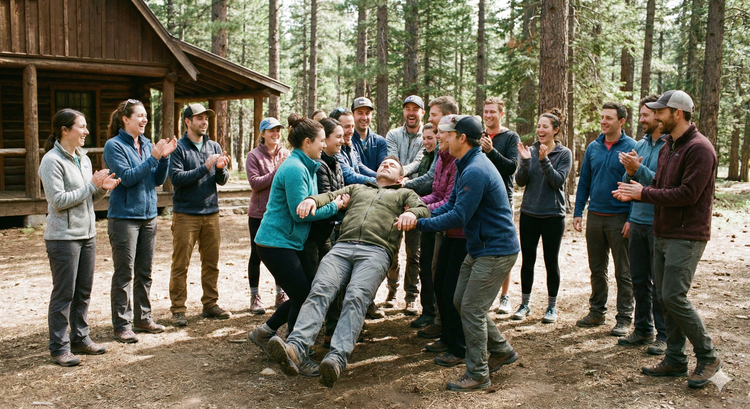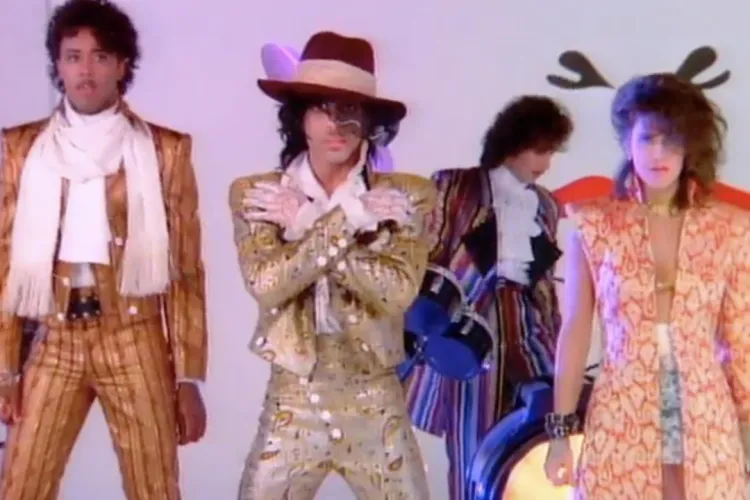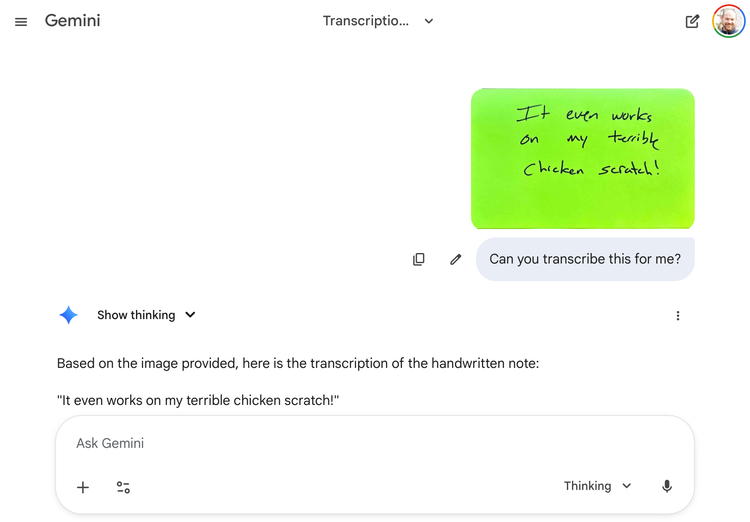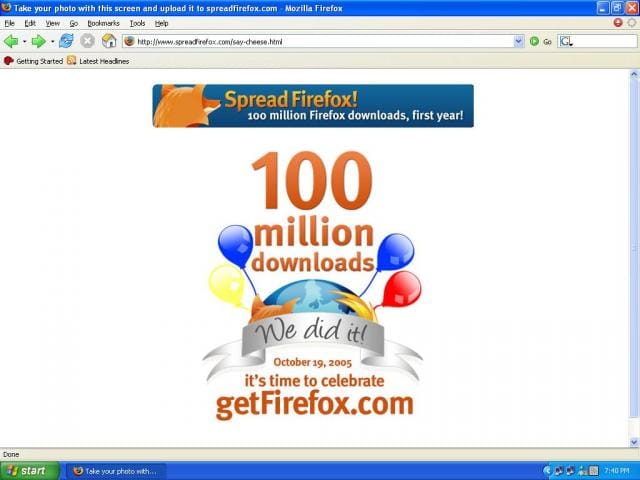Privatizing Holocaust History?
For the past few years, the National Archives and Records Administration (NARA) has undertaken a series of public-private digitization partnerships, especially with a company called Footnote.com. These partnerships provide NARA with free digitization services, and visitors to NARA's reading rooms with access to the products, but allow Footnote.com and NARA's other private partners to charge offsite users for online access public documents. I have never been particularly thrilled with this arrangement—charging the American people for access to their own records and all that—but in the past the projects have focused mainly on older document collections of mainly genealogical interest. Now NARA announces that online access to its collection of Holocaust-related material is being made available through Footnote.com, free for the month of October, but presumably for a fee afterwards. Something about this doesn't sit right with me: should we really be limiting access to a history we desperately don't want to repeat?
Another concern is Footnote.com's extensive use of social media. Web 2.0 technologies provide tremendous opportunities for knowledge sharing and creating community around cultural heritage. But when dealing with topics as difficult as genocide, the values of sharing and openness need to be tempered by caution and sensitivity towards victims and their memory. For topics like the Holocaust, public tagging, spontaneous tweets, and YouTube mash-ups may not be the most appropriate or productive vehicles for public discussion and reflection. Indeed, this difficult question of how best to implement social media around topics of conscience is the premise behind CHNM and the United States Holocaust Memorial Museum's upcoming event, The Conscience Un-Conference, which remains open for applications until October 13, 2009.






Member discussion